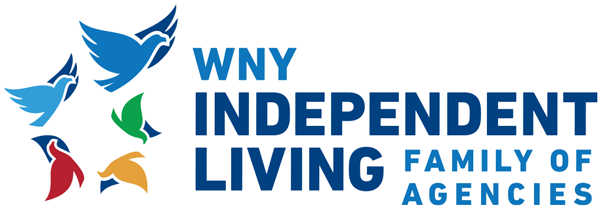Resources
At Western New York Independent Living, we believe access to information is a key part of living independently. Whether you’re looking for housing support, education accommodations, or aging services, the following resources can help guide you or your loved ones to the support you need.
WNYIL Family of Agencies Support Groups
Peer-led groups for healing, recovery, and support.
Community Outreach Agencies
Regional programs offering disability services, support, and advocacy.
We’re Here to Help You.
Do you have feedback, questions or concerns? Call 1-800-348-8399 or click the link below for assistance.
